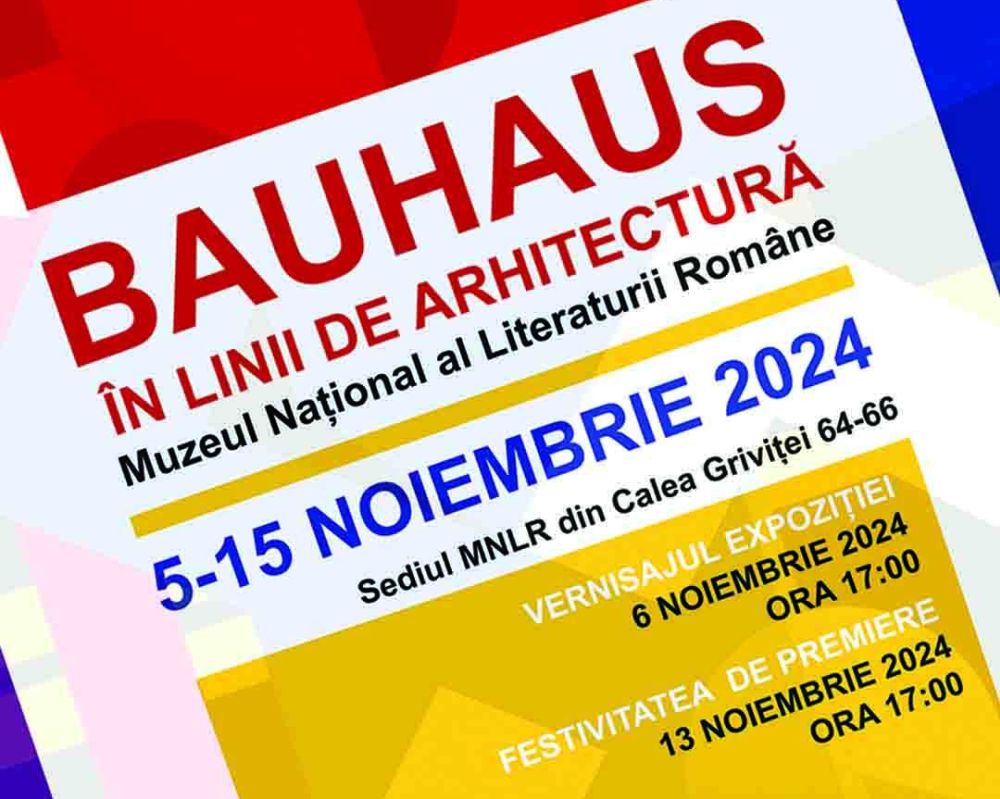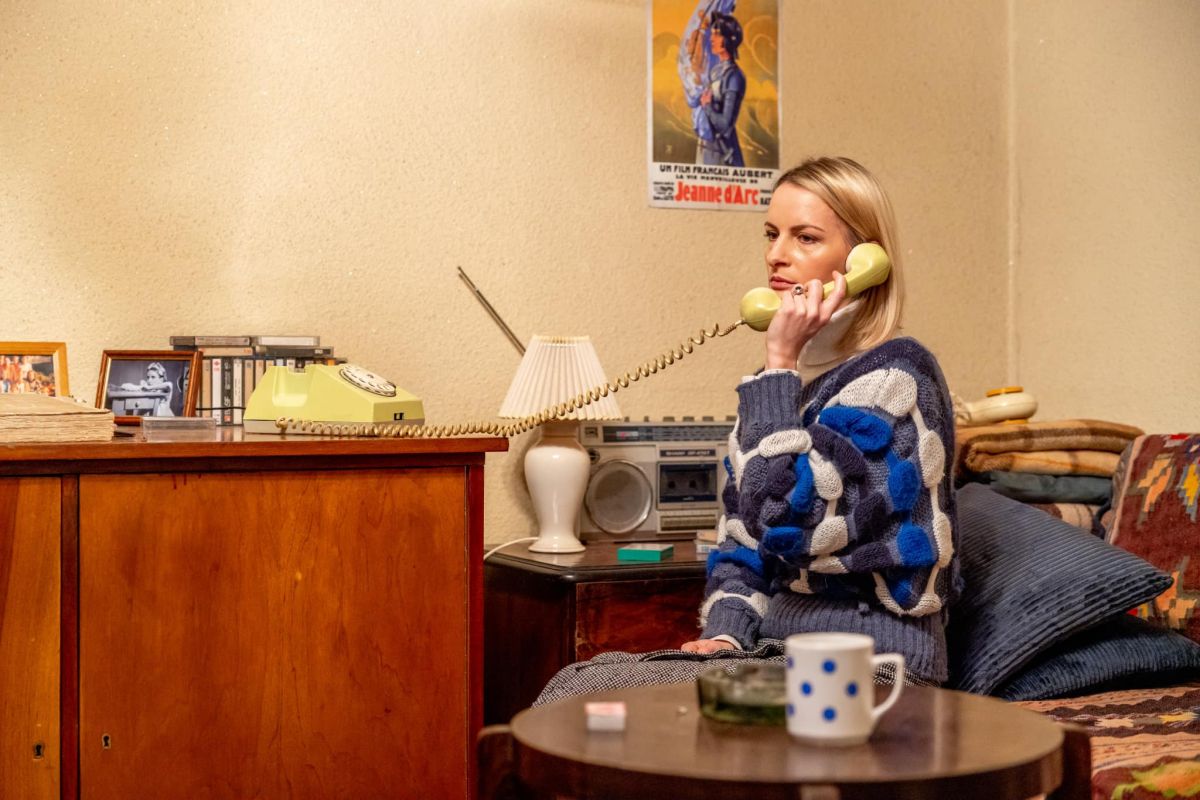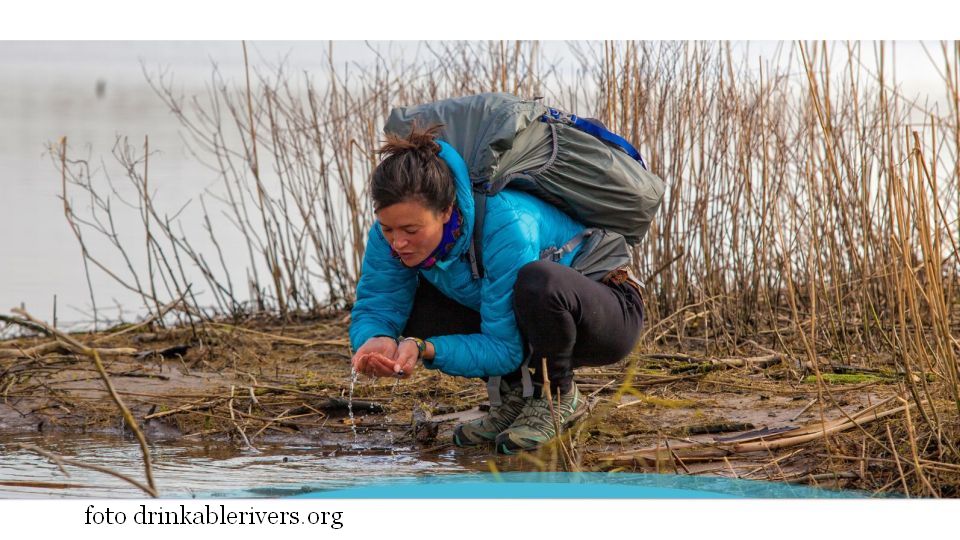Dragobete
An outlook of a holiday that has been gaining momentum in Romania

Ana-Maria Cononovici, 26.02.2019, 12:54
According to Romanian tradition,
Dragobete is a ‘living human being, half man half angel’, a young man, handsome
and immortal. He freely roams the world but people cannot see him because of
their sinfulness and lawlessness, ethnologist Simeon Florea Marian explains.
This folk character is known all over the country. In Maramures, northern
Romania, he is also known as Early Spring or Dragomir, a character with a
double nature, anthropomorphic and zoomorphic. Outside the Carpathian arch, he
has an ancient Thracian representation, which can also be found in other
cultures, as a man standing on ram’s legs. There are several dates for the
observation of this holiday, but February 24 is the most common.
Every year on this holiday, young
people from Romanian villages wearing their Sunday’s best go out picking magic herbs,
which they must keep all throughout the year as the common belief was that
these herbs would help them find their future wives. Groups of young peasants,
boys and girls would take oaths on this occasion pledging to be loyal to one
another, forming some sorts of brotherhoods.
In response to the similar
media-hyped Western holiday, St. Valentine’s, village museums all over the country
are celebrating the traditional Dragobete, promoting and explaining this custom
to all those willing to learn more about it. The Dimitrie Gusti Village Museum
in Bucharest has this year welcomed visitors with a special programme meant to
illustrate this holiday and its significance. Here is more on this traditional
holiday from actor Alexandru Nicolae Mihai.
On February 24 we celebrate here, at the
Village Museum, Dragobete, a traditional love holiday in Romania. This holiday
is associated with a process of conciliation when boys and girls went together
to pick the first flowers of spring. The gesture had a special significance
being some sort of a vegetal sacrifice, which was supposed to guarantee the
purity and sacredness of the period to come. According to another tradition,
the holiday marked the beginning of the mating period for birds and it was
believed that if a bird was unable to find its mate until this time, it was
doomed to stay single for the rest of the year. Worth noting is the given
timeline, a year and not the entire life, which means that it may get another
shot next year.
Narcisa Mihai tells us the story of
the Dragobete spell:
There are lots of customs related to Dragobete. Prior to this
celebration, young girls had to make sure that when they went picking snowdrops
and violas, the boys they liked would like them back. So they had to cast some
special love spells on Tuesdays and Thursdays. For this, they needed salt,
honey and ‘fairy water’. Now salt and honey are things we all have at home, but
where are we to find this ‘fairy water’? This is water obtained by melting the
last snow in the forests, hills and around villages. It was treasured just like
holy water and kept especially for these spells. In a bowl over fire, girls
would put honey and salt, and when they started crackling this fairy water
would be added. Then, the girl on which the spell was performed had to stand in
front of an icon, undressed, and this mixture would be sprinkled all over her
while the one casting the spell would say some magic words. The girl was
supposed to be naked so that love would be long-lasting, rather than shallow.
If she kept her clothes on, the water would be sprinkled on the clothes and love
would be short-lived.
After performing a Dragobete spell
for us, Narcisa Mihai added:
This spell, together with the magic
water, was believed to make sure that on the day of Dragobete young girls would
meet their beloved. If they did not get the boy they liked, there was no
problem, they would try the spell the following year as well. But most of the
time, at the Dragobete parties, the young men and women who would pair up to
pick flowers would end up marrying by autumn. Young wives did not have a quiet
night either, because love may disappear just as quickly as it emerges. So
every year they had to make sure that on Dragobete they respected separate
customs, created specifically for married women, to make sure that their love
would be long lasting. They say that on the day of Dragobete, husbands must not
upset their wives, otherwise they would be unlucky the entire year.
Women were also supposed to touch a
nice gentleman, other than their husband, and this was believed to help them
have a good year. For newlyweds to find out how their relationship would
progress, 2 nuts with their names written on them would be placed over the
embers, and if they sizzled quietly, they were destined to have a peaceful
marriage. If the nuts crackled and bounced over the embers, they were supposed
to have a troubled, love-hate relationship.
The Dragobete event also included a
performance by a traditional music ensemble, Fluierașii de la Dobrotești, who
played love and longing tunes from their native region.






























